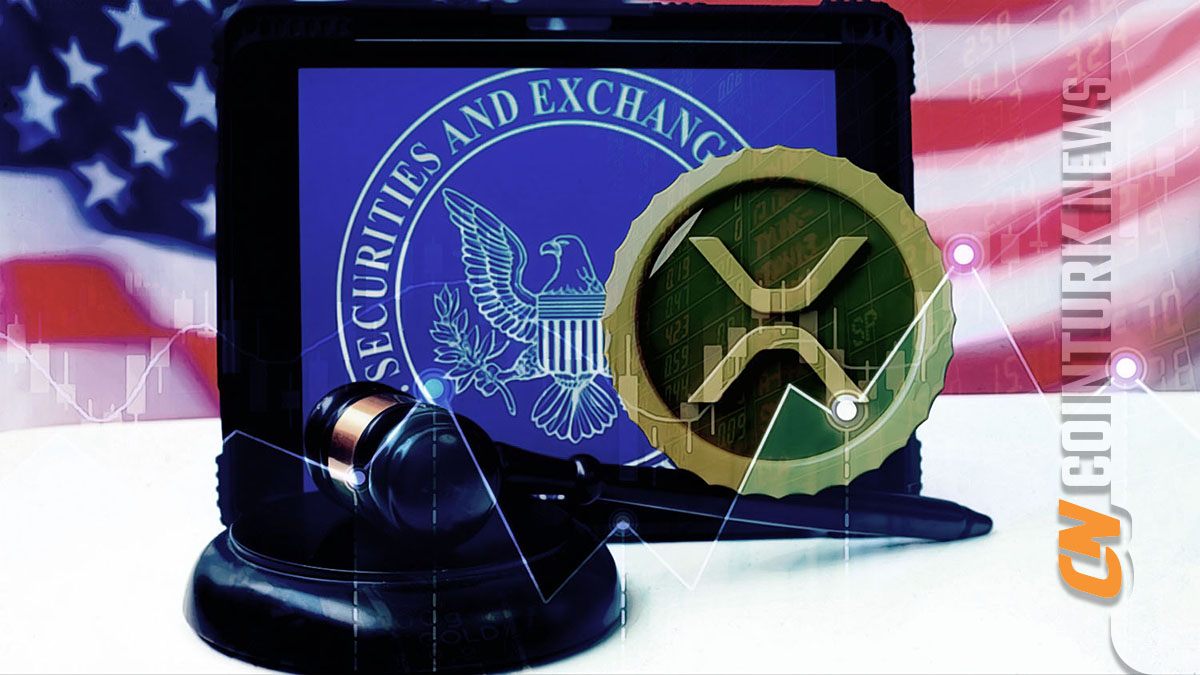Spot Bitcoin ETF has not yet been approved in the US, despite its nearly 10-year history. Moreover, the recent decision was also a postponement. So far, the SEC has always made postponement and rejection decisions for spot ETF applications. The main reason behind this is Bitcoin’s highly volatile price and investor protection concerns.
Approval of Spot Bitcoin ETF
While the SEC rejected spot Bitcoin ETF applications due to investor concerns, it approved futures ETF in 2021. This led to an interesting contradiction. If futures ETF dependent on spot price can be traded on the stock exchange, why isn’t spot ETF approved? Even 2x leveraged BTC ETFs were approved, which are 50% less risky than spot ETF. Grayscale filed a lawsuit against the SEC for refusing the conversion of GBTC from Trust to ETF to ask this question.
BlackRock is one of the many firms with crypto ETF applications on the SEC’s plate. ARK Invest, led by CEO Cathie Wood, applied to list ARK 21Shares spot Bitcoin ETF in May 2023 and received the latest extension from the SEC on August 11th, while pushing back the deadline for regulatory comments by another 21 days. According to SEC guidelines, federal regulators have the authority to postpone ETF applications for up to 240 days (by opening them to public comments or otherwise) from the first filing in the Federal Register. However, the SEC has not approved any firm’s spot Bitcoin ETF proposal in the United States and only started accepting investment instruments tied to BTC futures in October 2021.
The 10-Year Journey of Spot Bitcoin ETF
Cameron and Tyler Winklevoss, the co-founders of Gemini, made the first ETF application in July 2013 when many regulators did not even understand cryptocurrencies. The SEC ultimately rejected the application, as it does today, and thus began the 10-year journey.

Stuart Barton, co-founder and chief investment officer of Volatility Shares, the firm behind the listing of a leveraged Bitcoin futures ETF in June, said the application process with the SEC involved mutual negotiations.
He also said:
“Large companies have been doing the same thing for years. Yes, there are new applications, new filings… they didn’t really move the debate forward. The ETF application process puts the SEC in an incredibly powerful position. Gensler has a big influence on this; the political structure of the commission definitely affects it.”
So how much longer will this journey continue? There are two paths ahead. Either the SEC will announce its approval by the deadline in January-March. Or we will wait for the Republicans to win the elections after the 2024 November US Presidential election and change the SEC chairman. There are many crypto opponents among the Democrats, but the situation seems to be the opposite for the Republicans. As you may recall, in the recent debt ceiling negotiations, the Republicans forced Biden’s team to abandon the “heavy taxation on crypto” regulation.









